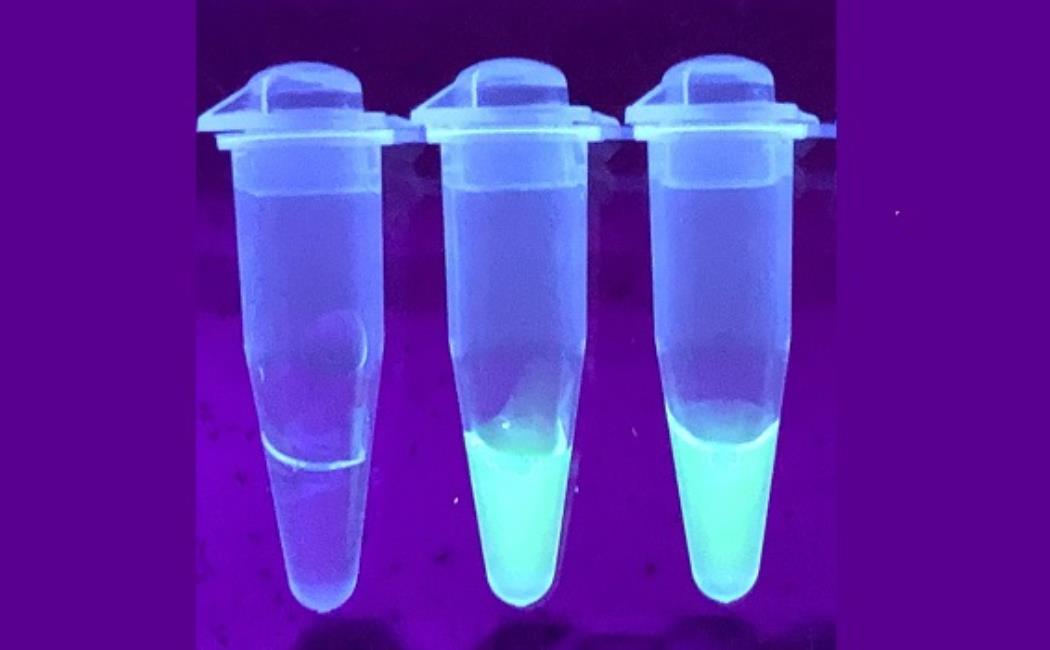
For quick COVID-19 testing, iSCAN can
03 November, 2020
A simple COVID-19 test kit combines virus amplification with a CRISPR-Cas system for effective SARS-CoV-2 detection. The kit under development, called iSCAN, uses reagents that can be locally manufactured.
“Our whole iSCAN procedure can be completed in less than an hour and can be easily adopted as a point-of-care detection system at airports and borders,” says KAUST Ph.D. student Ahmed Mahas.
The current gold standard in SARS-CoV-2 testing is the PCR test, in which DNA primers recognize specific RNA sequences in the viral genome that are then copied using a specific enzyme. This "amplification" process makes it easier to detect the originally small amounts of viral RNA present in the nasopharyngeal swabs taken from patients. This test can reliably detect if a person really has the virus without providing too many false positive or negative results. But it needs highly skilled personnel to conduct the test, which is done in multiple steps in central laboratories with sophisticated equipment.
Click here to read the full story
Image: One method to visualize the result is to shine ultraviolet light on the sample, and a detector analyzes the light to report the amount of viral RNA.
© 2020 Ali et al.